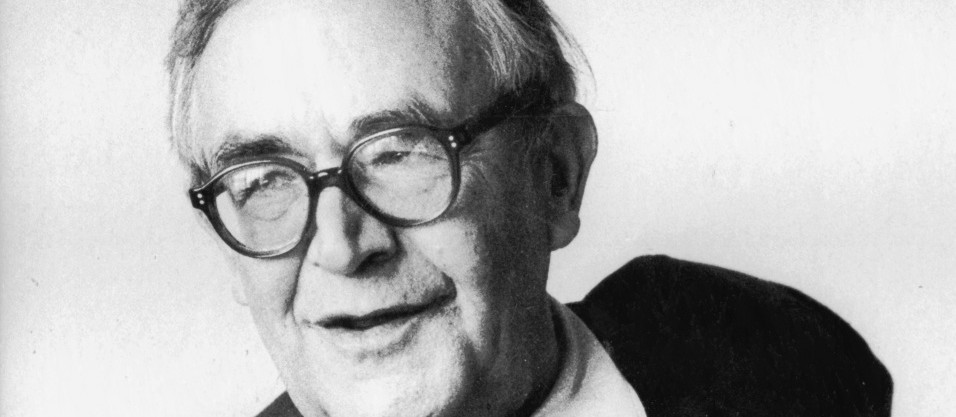Karl Barth (born May 10, 1886, died 1968) was the greatest theologian of the 20th century. His work made certain kinds of liberalism impossible, got modern thinkers to take revelation seriously, and put the Trinity back in the center of Christian theology.
From an evangelical perspective, he seems unreliable on crucial issues related to epistemology and the doctrine of Scripture. But evangelicals are also guilty of slandering him, misrepresenting his thought, and otherwise finding excuses so they don’t have to read him.
When I was in seminary, one of my wisest teachers (Steve Seamands) advised me that a systematic theologian who wanted to be well-versed in the full range of Christian thought should master the work of five major thinkers: Augustine, Aquinas, Calvin, Schleiermacher, and Barth. There were plenty of other theologians to come to terms with (Athanasius, Bonaventure, Luther, Edwards, Pannenberg), but these were the five that had thought through absolutely everything with a rigor, comprehensiveness, and consistency that would instruct the simple.
Of those five major theologians, I sometimes regret having invested heavily in studying Schleiermacher, because he serves mostly as a cautionary tale: here’s what happens to Christian doctrine under the regime of modernism and romanticism. But Barth stands alongside Augustine, Aquinas, and Calvin in a much more direct way. His mistakes, the places where I cannot follow his lead, are more like the places where Augustine seems to nod, or where Aquinas speaks for a tradition I cannot fully occupy, or where Calvin takes a step I can’t take or says something I wish he hadn’t said. Barth does plenty of that. But after several years of working on my assignment of mastering “The Big Five,” I have come to agree with my seminary professor more and more: Karl Barth really does have that kind of stature.
What to Read: Credo, Church Dogmatics II/1, Church Dogmatics IV/1, or Evangelical Theology: An Introduction.
